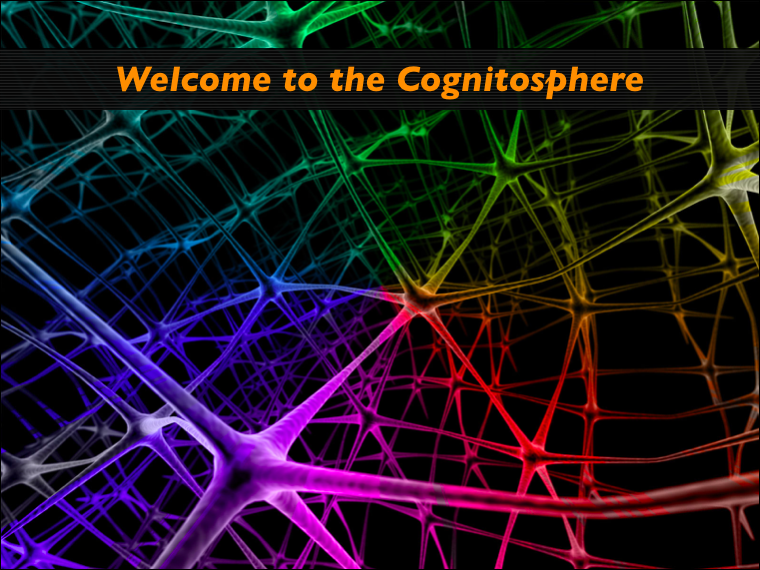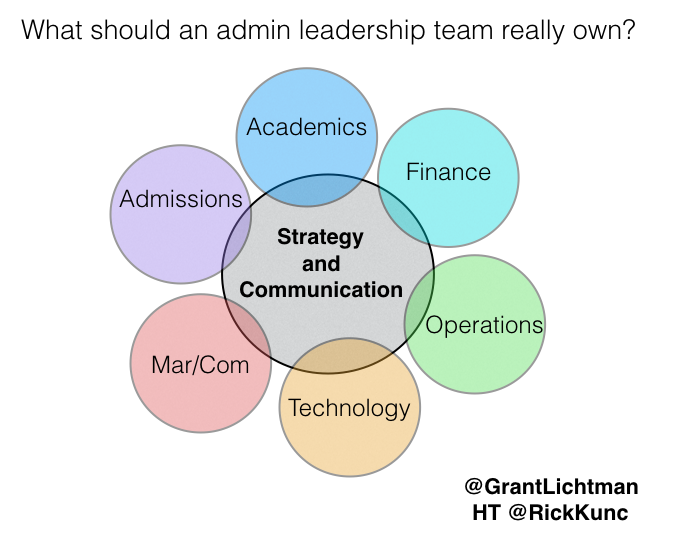Education is in need of evolutionary game-changes, and there are two important aspects to that simple statement. First, we need evolution, not revolution. Our foundations and traditions are strong, so we don’t need to blow up the walls. What we think of as revolution due to fear of the unknown and of change itself will present as evolution once we get our hands in the dirt. Second, we need game-changers, people who can and will prompt and champion the big changes.
Diego Rodriguez of the design-thinking group IDEO sets out three important characteristics of game changers in his essay in Racer magazine:
- They are people who bring together disparate ideas. This was my core concept when I first conceptualized The Falconer, heavily influenced by the writings of Hermann Hesse, primarily The Glass Bead Game. The players of this game are archetypical creators, bringing forth new knowledge by weaving together threads from disparate centers. In education, we should look for game-changers amongst those who wear multiple hats, and should teach game changing to our students through experiential opportunities that do not have proscribed outcomes.
- Game changing is about broad transformation, not narrow focus on a particular discipline. Game changers have system-wide vision. A real problem in our schools is that silos of department, division, and grade restrict the opportunity for systemic vision for 90% of our talented employees. If we reserve the expectation and responsibility for game changing to the head of school or the senior leadership team, we are wasting vast human potential for ideas, and narrowing the base of sustainable implementation.
- Real game changers trigger resistance. We know this to be true in our schools. It is OK for a teacher to be innovative in his or her own classroom but asking others to change what THEY are doing often meets with stiff resistance. But history and experience show that if an implied change does not trigger resistance, it is probably not going to be a game changer. Leaders need to create an environment where teachers and administrators feel emboldened and comfortable with initiating and dealing with resistance; it is a mark of true progress.
Take a look at what your school is focusing on now and ask these questions: Are we nibbling at the edges or are we at least considering some real game changers? Are we looking across disciplines for new approaches? Are the questions we ask substantive enough that some feathers are being ruffled (and not just amongst the small percentage of stakeholders who ALWAYS get ruffled feathers)? Sustainability of your innovations will depend on the answer to these questions.




Leave A Comment